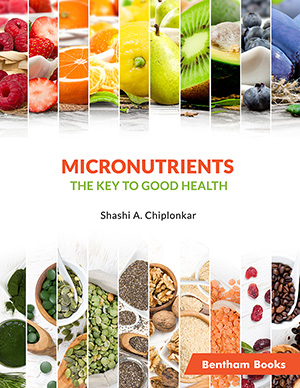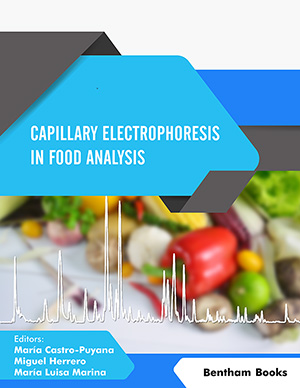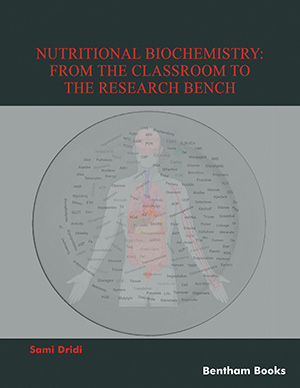Abstract
Introduction: Thyroid hormones (TH) are important determinants of glucose homeostasis, and in contrast, insulin is the first hormone responsible for glycemic control.
Objective: The objective of the present study was to correlate the levels of insulin and thyroid hormones in diabetic animals after caffeine consumption associated with physical exercise.
Methods: A total of 48 animals, 60 days old were allocated in eight experimental groups: Control, Diabetic, Exercise, Diabetes + exercise, Caffeine, Diabetes + Caffeine, Caffeine + Exercise, and Diabetes + Exercise + Caffeine. Diabetes model was induced by intraperitoneal administration of 120 mg/kg of alloxan. On the test day, 6 mg/kg of caffeine was administrated 30 minutes before physical exercise. After, animals performed a 60 minutes’ session of predominantly aerobic exercise, using an overload of 6% of their body’s weight. Blood has been collected by a caudal puncture to future insulin, TSH, T3, and T4 analyses.
Results: After caffeine treatment and training, insulin values were higher for the control groups (231%) when compared to the diabetic groups. A significant increase in plasmatic insulin concentration was found in caffeine group (95%) and Exercise+Caffeine group (56%) when compared to Control and Exercise groups. TSH values were increased for Diabetes, Diabetes+Caffeine and Diabetes+ Exercise+Caffeine groups (30%) compared to the other groups. A reduction in T4 values occurred in the animals of groups Diabetes+Exercise and Diabetes +Caffeine (66%) compared to the Control group. T3 values were significantly increased for the Diabetes+Exercise group (70%) when compared to the Diabetes+Exercise+Caffeine group.
Conclusion: Physical exercise and caffeine consumption were able to promote hormonal changes in diabetic animals after 30 days of training. The study showed a reduction in the serum concentration of thyroid hormones, but insulin levels were higher.
Keywords: Diabetes mellitus, disease, glucose, metabolism, physical effort, rats.
[http://dx.doi.org/10.1016/S0306-9877(02)00211-6] [PMID: 12445506]
[http://dx.doi.org/10.1210/jcem-62-1-174] [PMID: 3510000]
[http://dx.doi.org/10.1007/s12020-010-9408-3] [PMID: 21072691]
[http://dx.doi.org/10.1530/EJE-07-0592] [PMID: 18230829]
[http://dx.doi.org/10.1210/jc.2006-1718] [PMID: 17090642]
[http://dx.doi.org/10.1152/physrev.00030.2013] [PMID: 24692351]
[http://dx.doi.org/10.1371/journal.pone.0019839] [PMID: 21637761]
[http://dx.doi.org/10.1210/endo.138.3.4981] [PMID: 9048628]
[http://dx.doi.org/10.1016/S1095-6433(01)00362-2] [PMID: 11672680]
[PMID: 2475884]
[http://dx.doi.org/10.1210/er.2008-0019] [PMID: 18815314]
[http://dx.doi.org/10.1172/JCI200112584] [PMID: 11435461]
[http://dx.doi.org/10.1186/1475-2891-10-93] [PMID: 21914162]






















